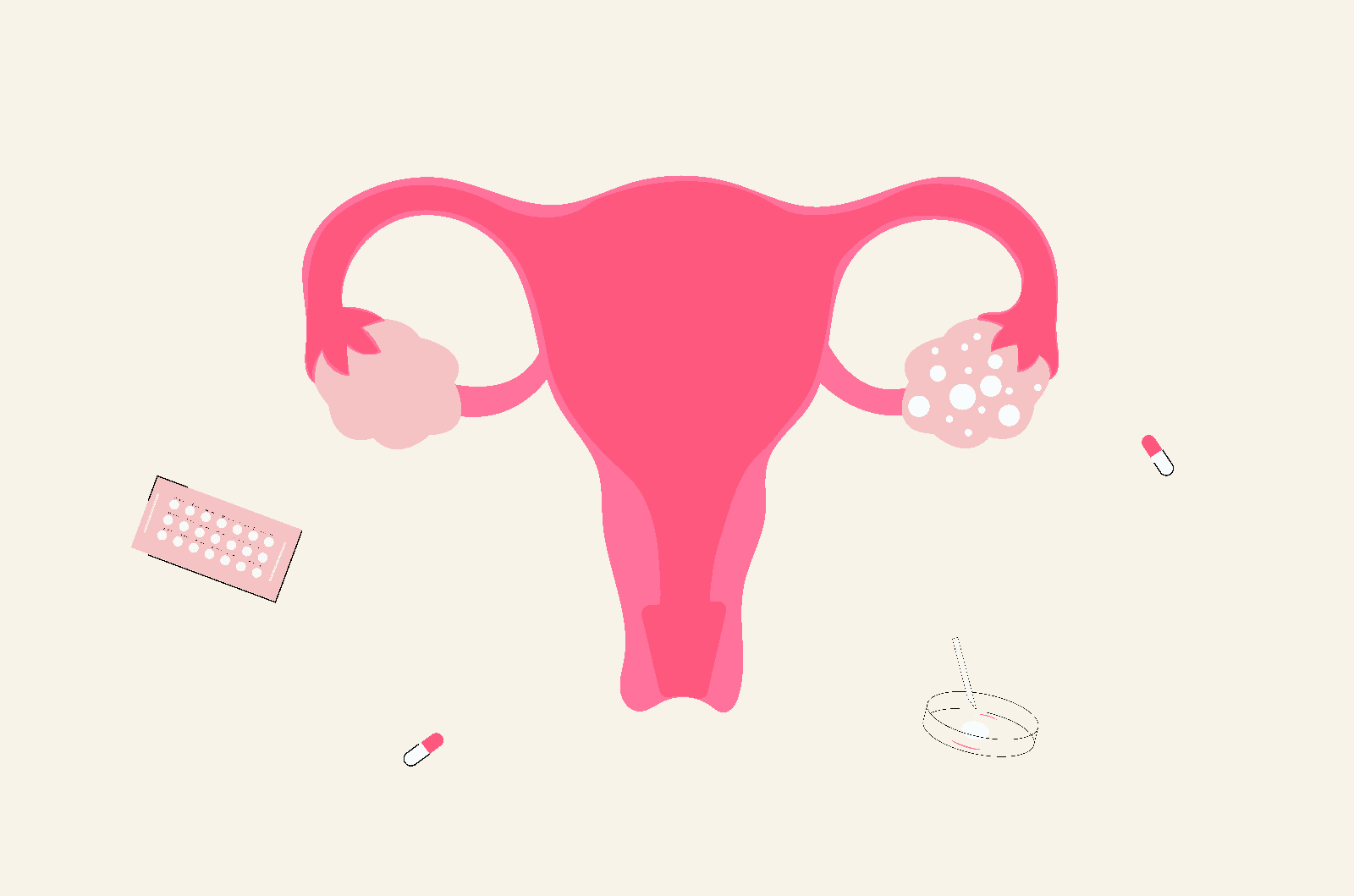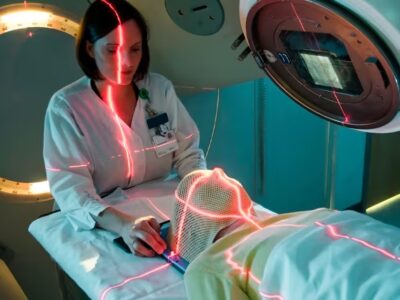
Do you have lots of pimples on your face? Or are you troubled continuously by excessive facial hair? Are you suffering from PCOD? If the answer to all your questions is yes, then stop and look around. It is a common health condition that is highly affecting teens as well as young women. It is witnessed in 1 out of 10 women of their reproductive age.
PCOD is not a disease but a disorder, and living with it can be challenging as it has its direct impact on your metabolism and overall appearance. Read this blog and find the right PCOD solution, so that you do not face any inconvenience caused due to this in life further.
What is PCOD?
Polycystic Ovarian Disease (PCOD) is a hormonal disorder that is quite common among women in their reproductive age. There are five main hormones that control women’s reproductive system, namely gonadotropin-releasing hormone, estrogen, progesterone, follicle stimulating hormone, and luteinizing hormone. An imbalance to a great extent within these hormones leads to PCOD.
Alongside disorder in female hormonal control, ovaries discharge excessive amounts of androgen (male hormones). This hormonal breakdown causes prolonged and irregular menstrual periods, unwanted body hair, hair loss, and acne. Polycystic ovaries are unable to create follicles and often discharge eggs, causing a problem in conceiving a pregnancy.
Causes of PCOD
- Insulin resistance: Women with PCOD experience intrinsic insulin resistance irrespective of the extent of obesity and level of androgen concentrations. Even slim women with PCOD show the signs of insulin resistance. Rising body mass index aggravates insulin resistance.
- Existence of low-grade inflammation: Women with PCOD have a low-grade inflammation that may trigger polycystic ovaries to generate androgens.
- Excess androgen: Excessive production of androgen by ovaries may lead to acne and hirsutism.
- Heredity: Some genetic correlation may happen in women with PCOD.
Symptoms of PCOD
Some commonly reported symptoms of PCOD comprise:
- Acne
- Darkening of skin
- Irregular menstrual cycle
- Polycystic ovaries
- Hirsutism (abnormal hair growth on body and face)
- Thinning hair
- Weight gain
- Skin tags
PCOD Treatment
Polycystic ovarian disease is incurable! But making positive changes in your lifestyle can keep your PCOD problem under control. Taking guidance from the dietician, gynecologist, endocrinologist, and dermatologist can help you control (yet not completely cure) this problem.
Yet, every bit of it comes down to adequate weight loss. Weight reduction is the best way that helps in the management of this disease. Indeed, even a 5 % decrease in body weight starts controlling the disorder. The other part of the treatment is generally suggestive. There are some medications that help balance hormonal to regulate the irregular cycles, skin treatments for pigmentation, acne and hair growth, and fertility drugs for childless patients.











